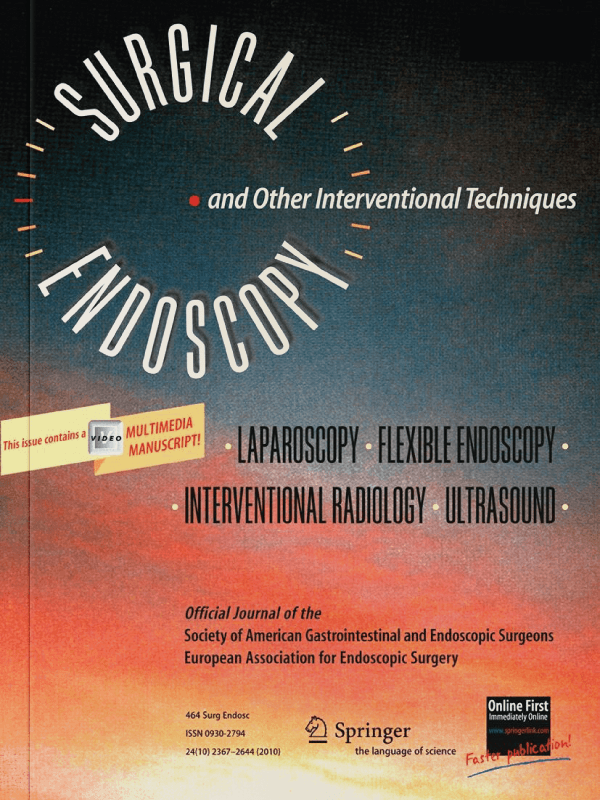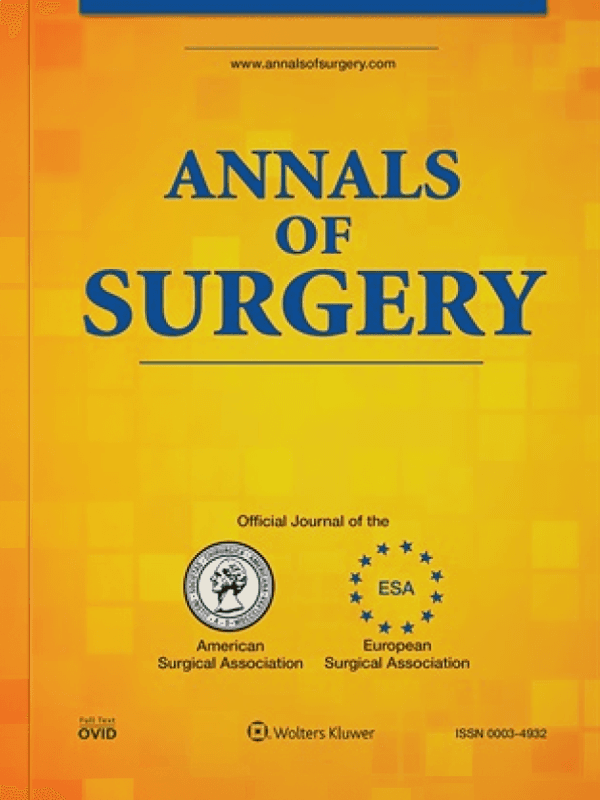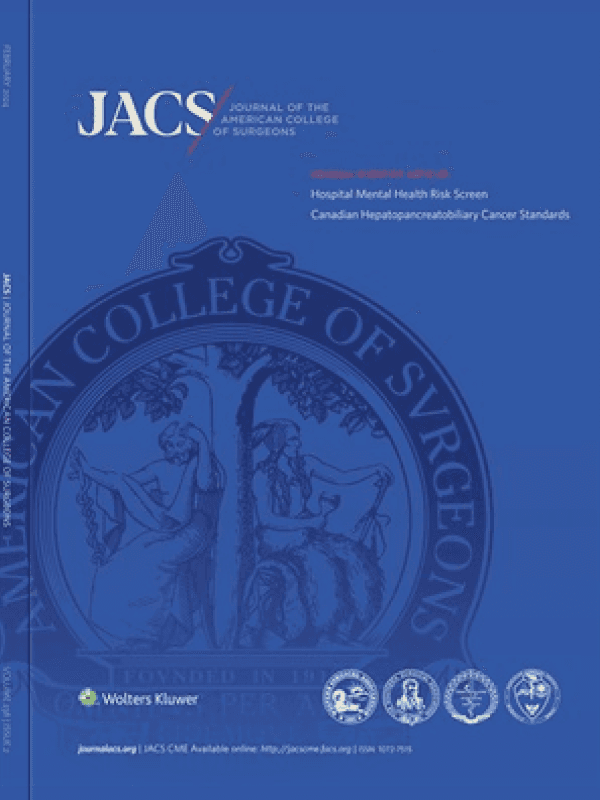SAFETY CULTURE
Understanding and Assessing Nontechnical Skills in Robotic Urological Surgery
Published on
Jun 27, 2018
Journal of Surgical Education
Jethro Cc Kwong, Jason Y Lee, Mitchell G Goldenberg
Overview
Robotic urological surgery (RUS) has rapidly expanded in recent years, necessitating a structured curriculum that encompasses both technical and nontechnical competencies. Recognizing the importance of nontechnical skills in RUS training, this review assesses the validity of existing assessment tools for these skills. A comprehensive literature search identified 566 articles, of which 12 specifically utilized nontechnical skills assessment tools in RUS. Evaluation methods ranged from self-assessments to objective measures, with settings including immersive simulators and live surgeries.
Despite the emerging focus on nontechnical skill assessments in RUS, the development of effective tools has been limited. Recent trends indicate a shift from subjective to more objective measures tailored to RUS. However, the validity evidence for these assessments remains sparse, particularly regarding their correlation with technical skills and their influence on surgical outcomes. This underscores the need for further research to enhance the assessment and integration of nontechnical competencies in RUS training.
Results
Of the 566 articles identified, 12 used nontechnical skills assessment tools in RUS. The metrics used ranged from self-assessment using global rating scales, to objective measures such as electroencephalography. The setting of these evaluations ranged from immersive and virtual reality-based simulators to live surgery.
Peer-reviewed Research





